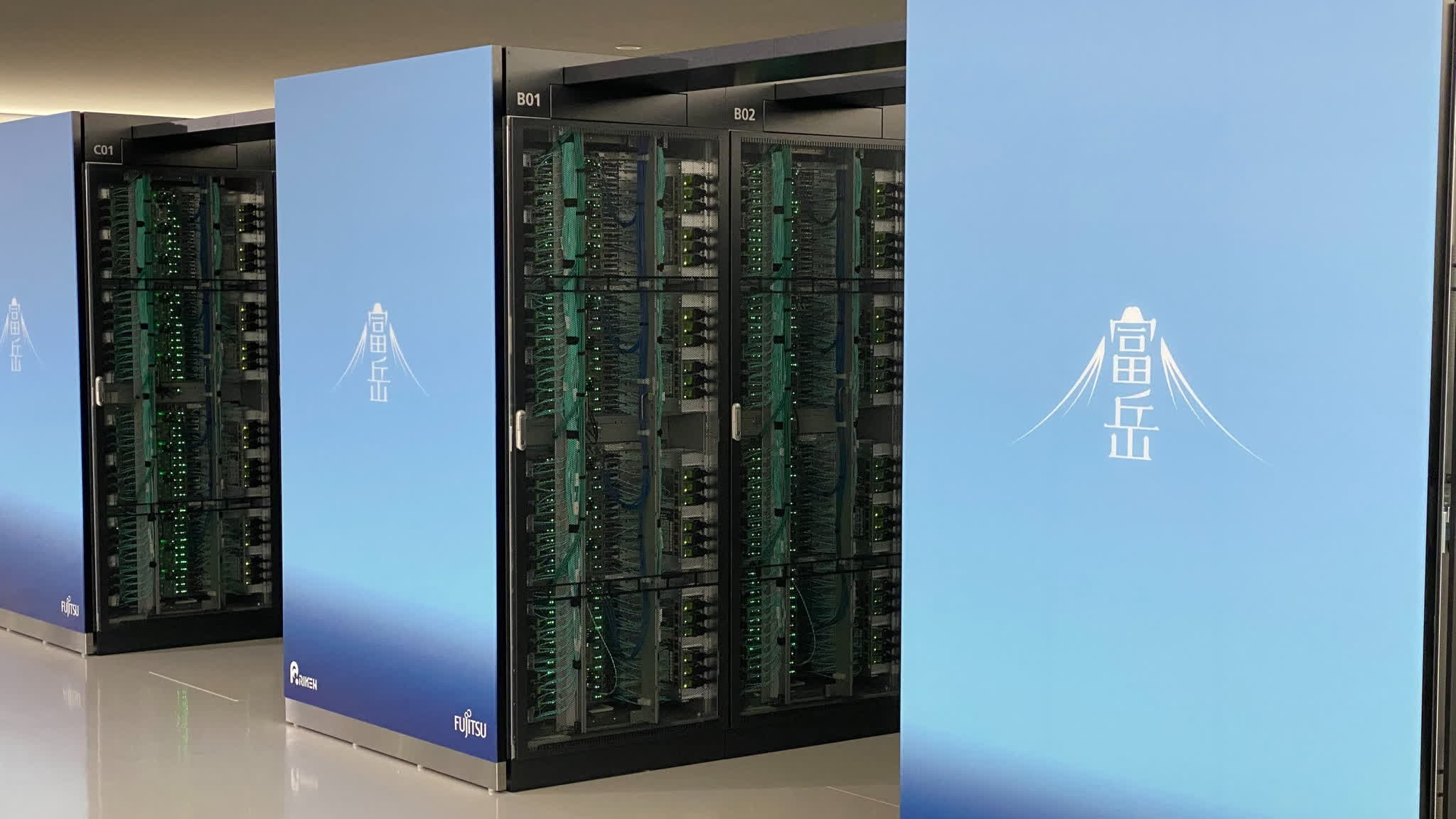Super Cloud: The Fugaku supercomputer was at the forefront of high-performance computing development just a few years ago. Now, the Japanese technology has been turned into a software stack that could "democratize" supercomputing applications around the world.
The Riken Center for Computational Science (R-CCS) recently released the first version of its "Virtual Fugaku" project, which aims to transform Fugaku into a "social infrastructure" for addressing complex social issues. In 2020, Fugaku was the world's fastest supercomputer, a title it held for two years before being surpassed by the US-based, Arm-powered Frontier supercomputer.
Virtual Fugaku is a software stack that includes the essential software packages and their main dependencies used on Fugaku's hardware platform. The tool is available as a 6GB Singularity container, pre-built to run on Amazon Graviton 3E chips, and can be freely downloaded from the Sylab Cloud Library.
The initial version of the Virtual Fugaku package supports Amazon Web Services (AWS) cloud computing services. This is because AWS Graviton CPUs use the same Arm chip architecture as Fugaku's A64FX accelerators, allowing the software stack to be quickly adapted for seamless operation in a Graviton-based cloud environment.

Riken suggests that AWS customers can now build their own private instance of the Fugaku supercomputer. Research and development applications previously deployed on Fugaku's hardware can also be utilized on AWS, and this is just the beginning for the Virtual Fugaku project. Riken researchers are working to extend compatibility with other hardware platforms, aiming to establish the software stack as an "industry standard" for cloud-based virtual HPC applications.
According to Riken director Satoshi Matsuoka, the original Fugaku system achieved significant milestones in areas such as infectious disease control, weather forecasting, drug discovery, and new material development. Virtual Fugaku aims to advance these HPC developments and replicate Fugaku's achievements in software maintenance and operations for the next generation of HPC computing.
Amazon introduced the Virtual Fugaku project a few months ago, highlighting that the original Fugaku hardware was a massive system with 160,000 nodes and 8 million CPUs. Thanks to Fugaku, researchers conducted complex simulations on the SARS-CoV-2 coronavirus, which significantly impacted the world during the Covid-19 pandemic. Virtual Fugaku has the potential to extend such scientific breakthroughs and could have a "much larger" impact than a single HPC machine, according to Amazon.
